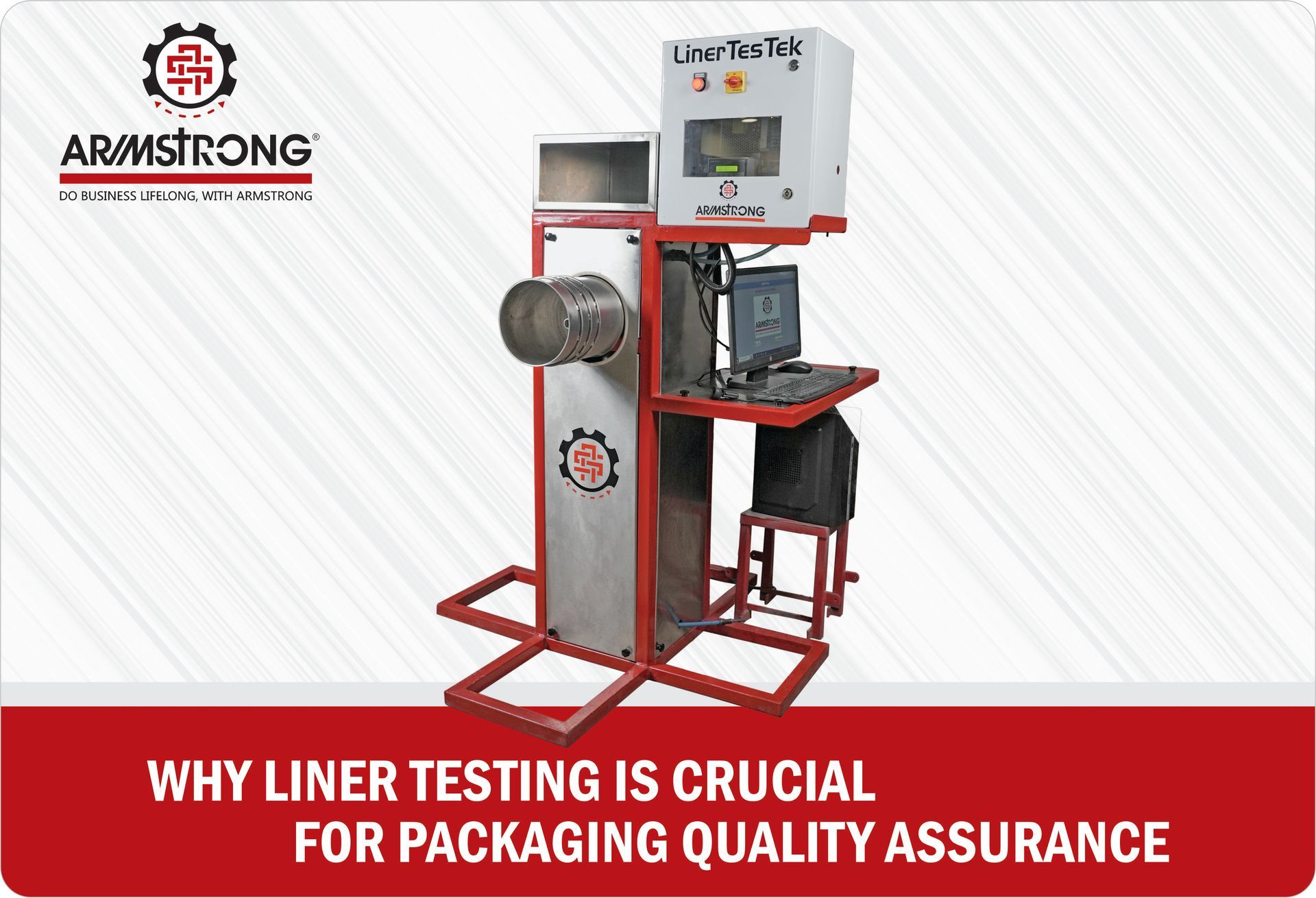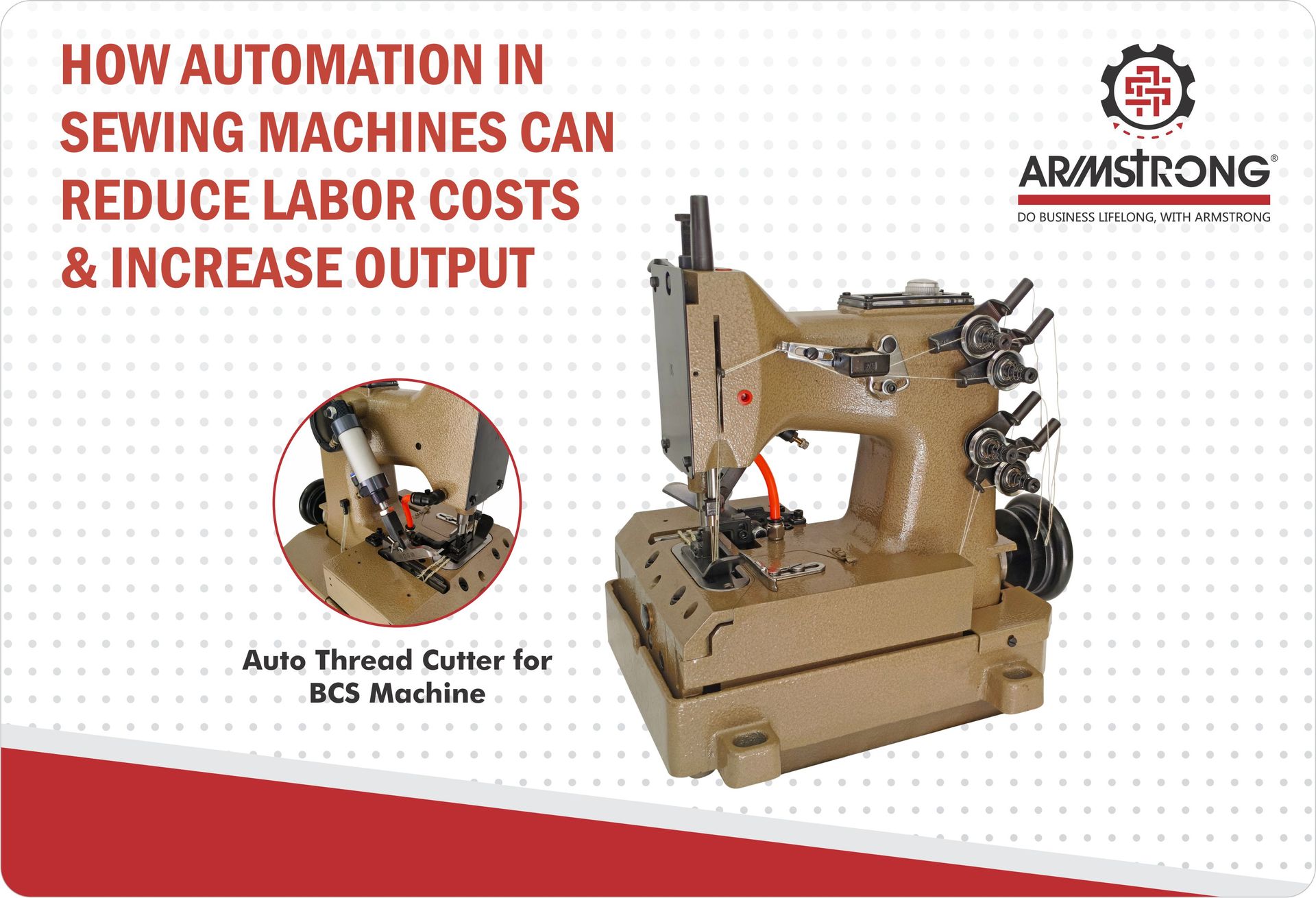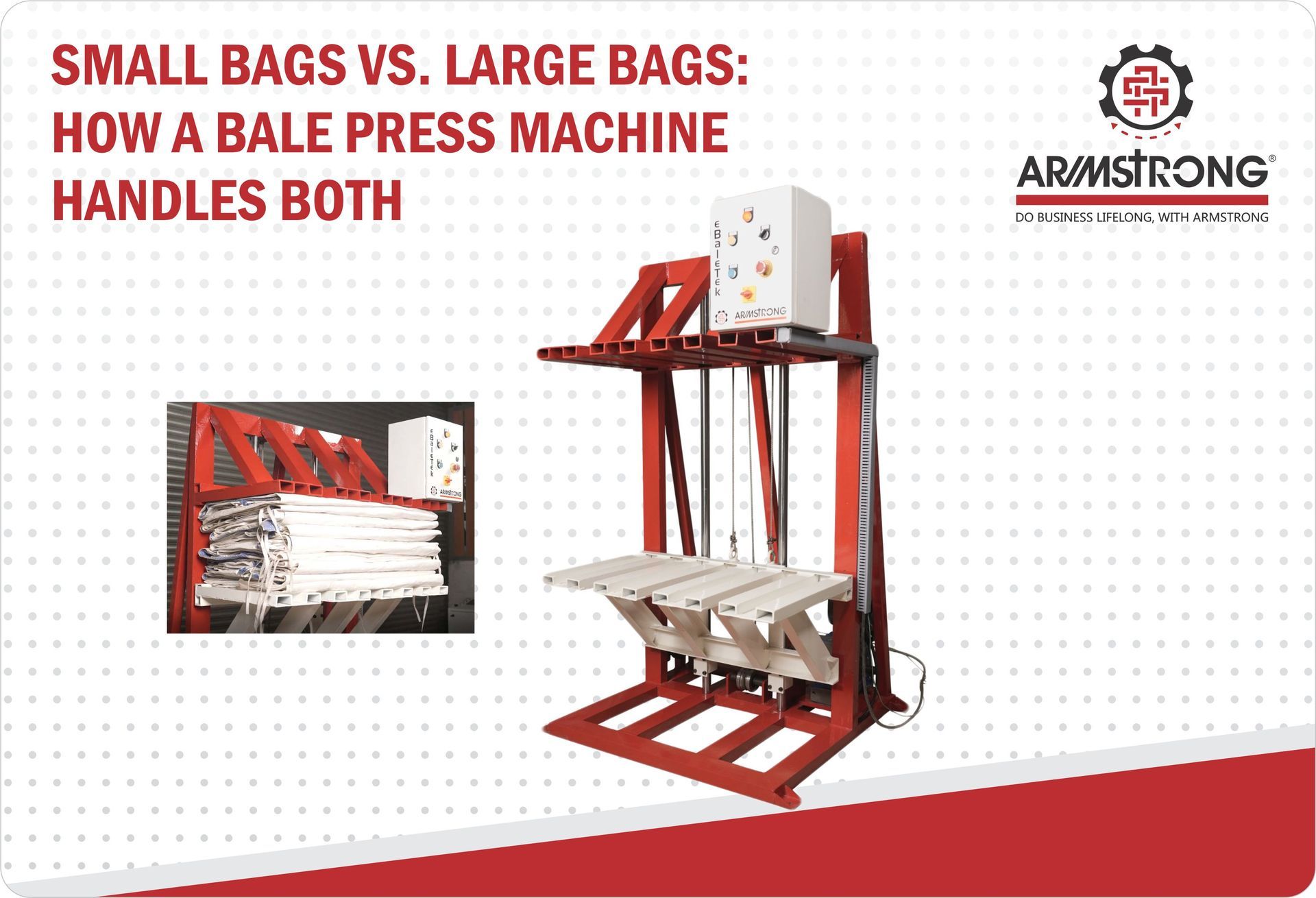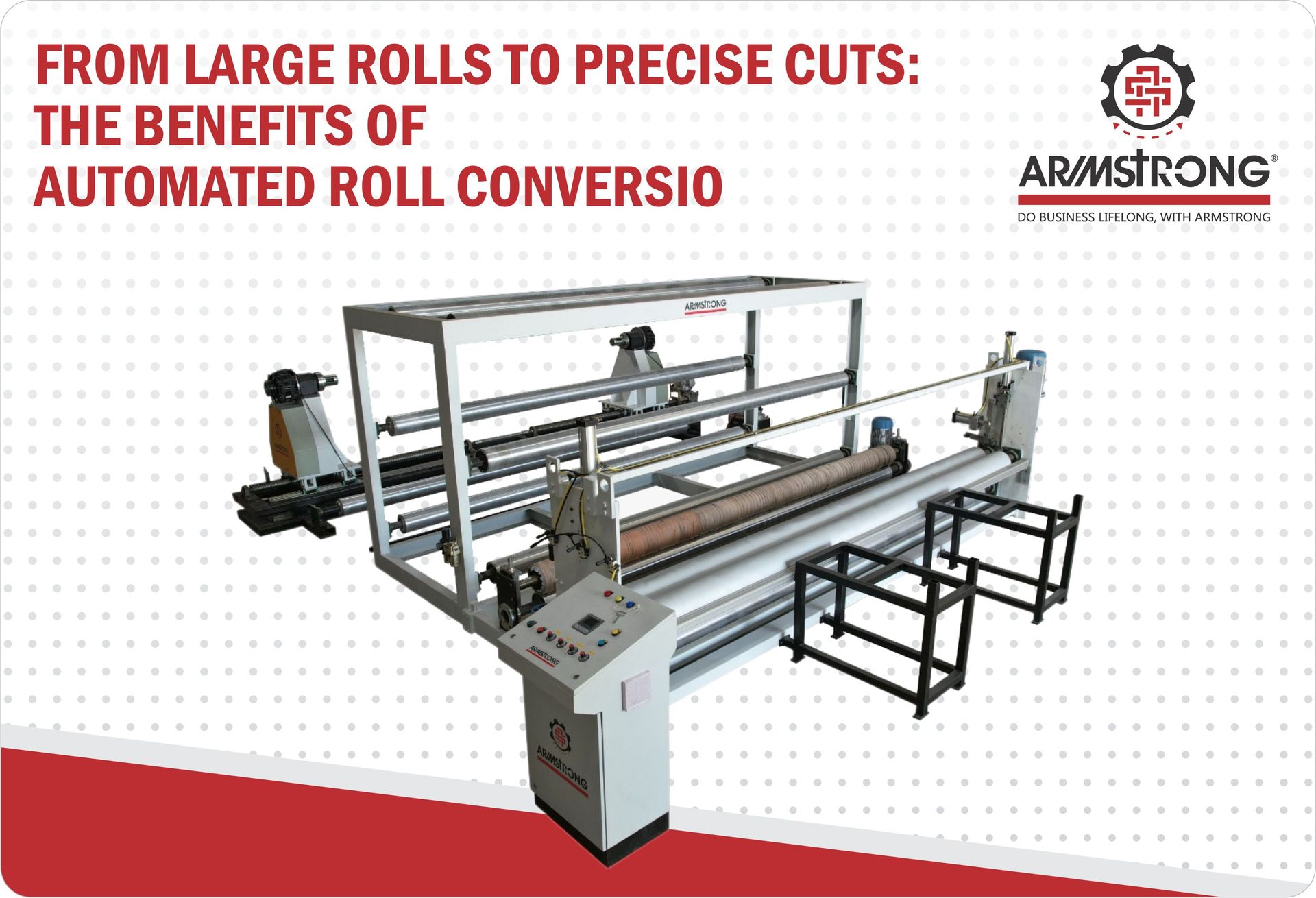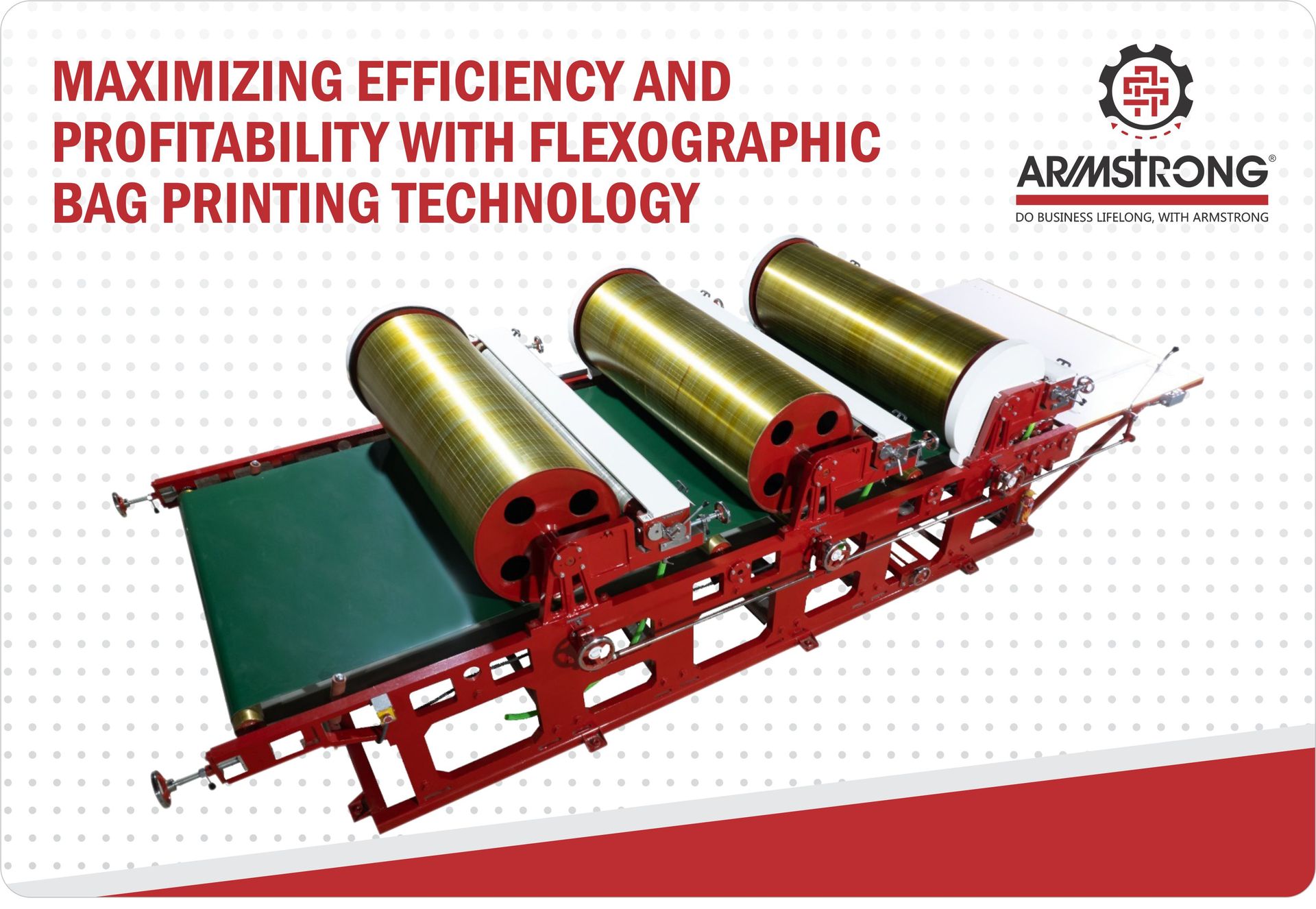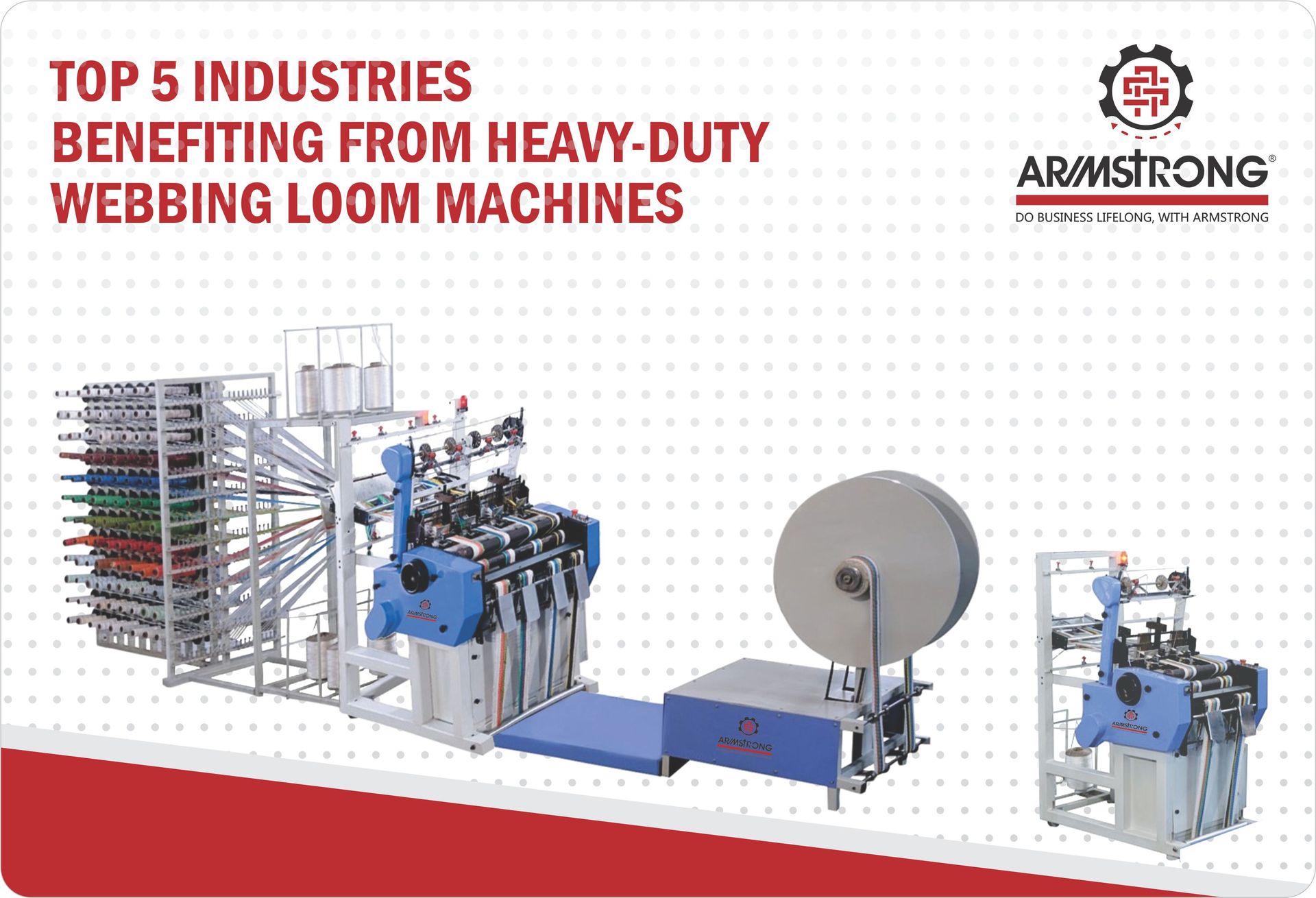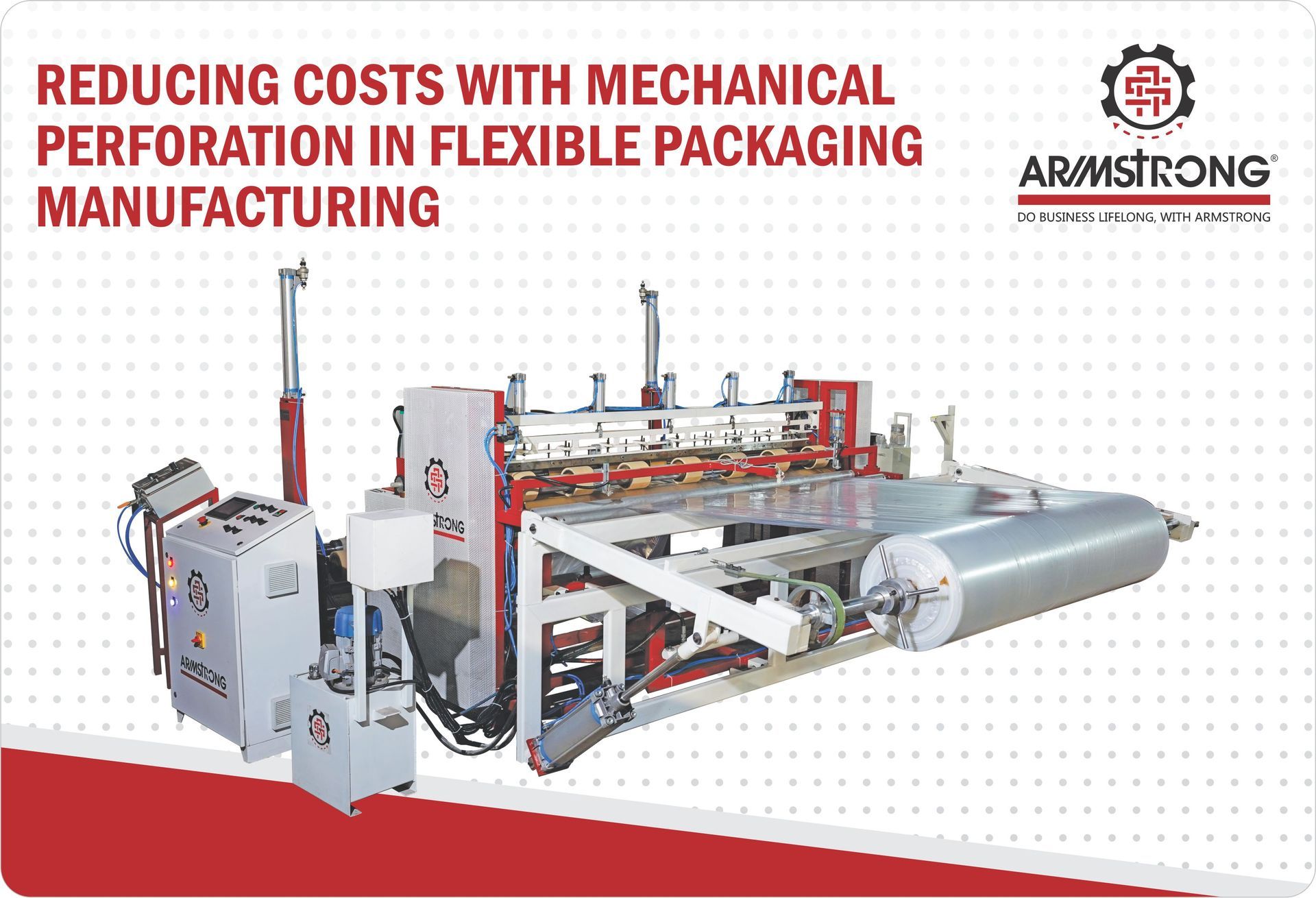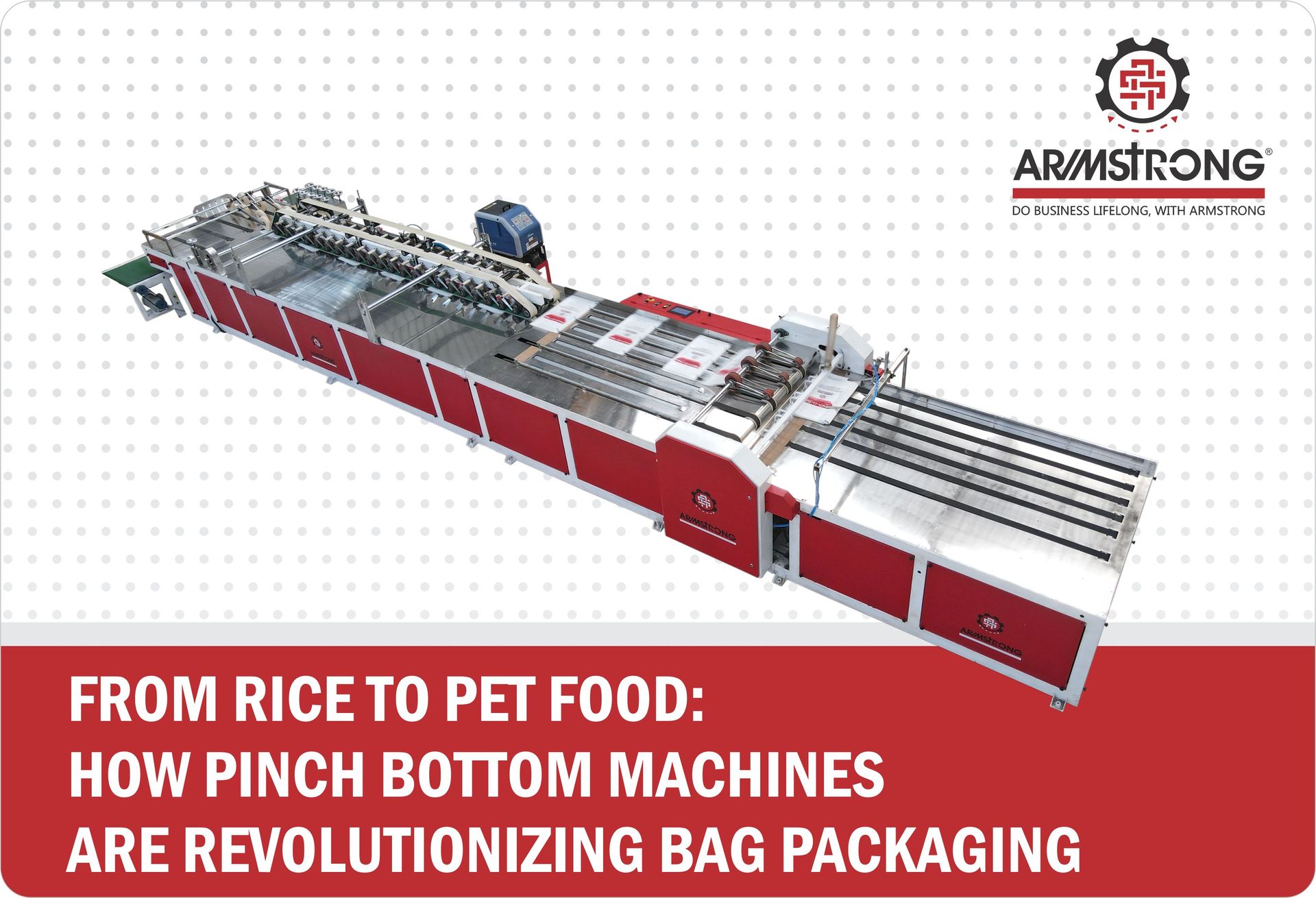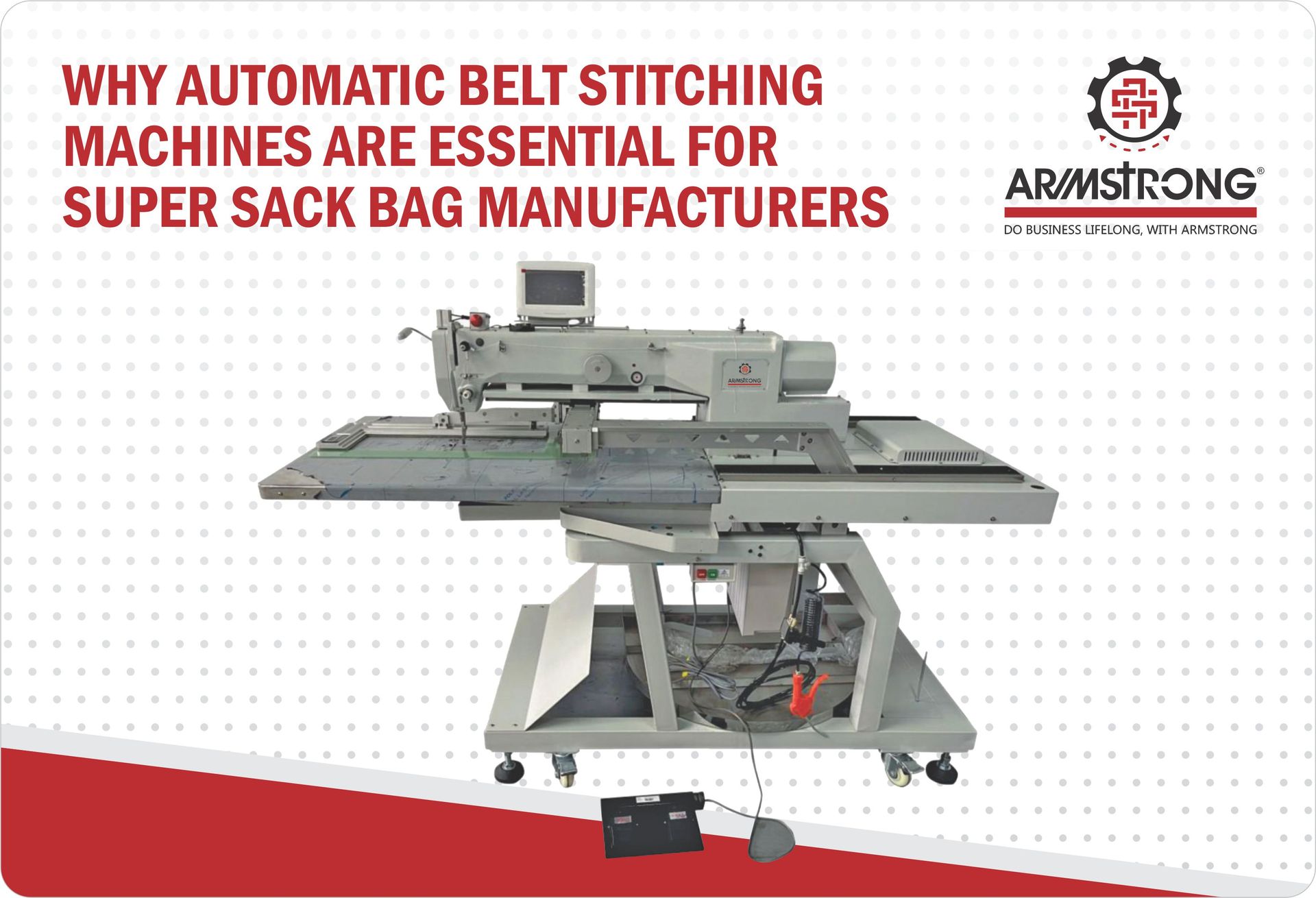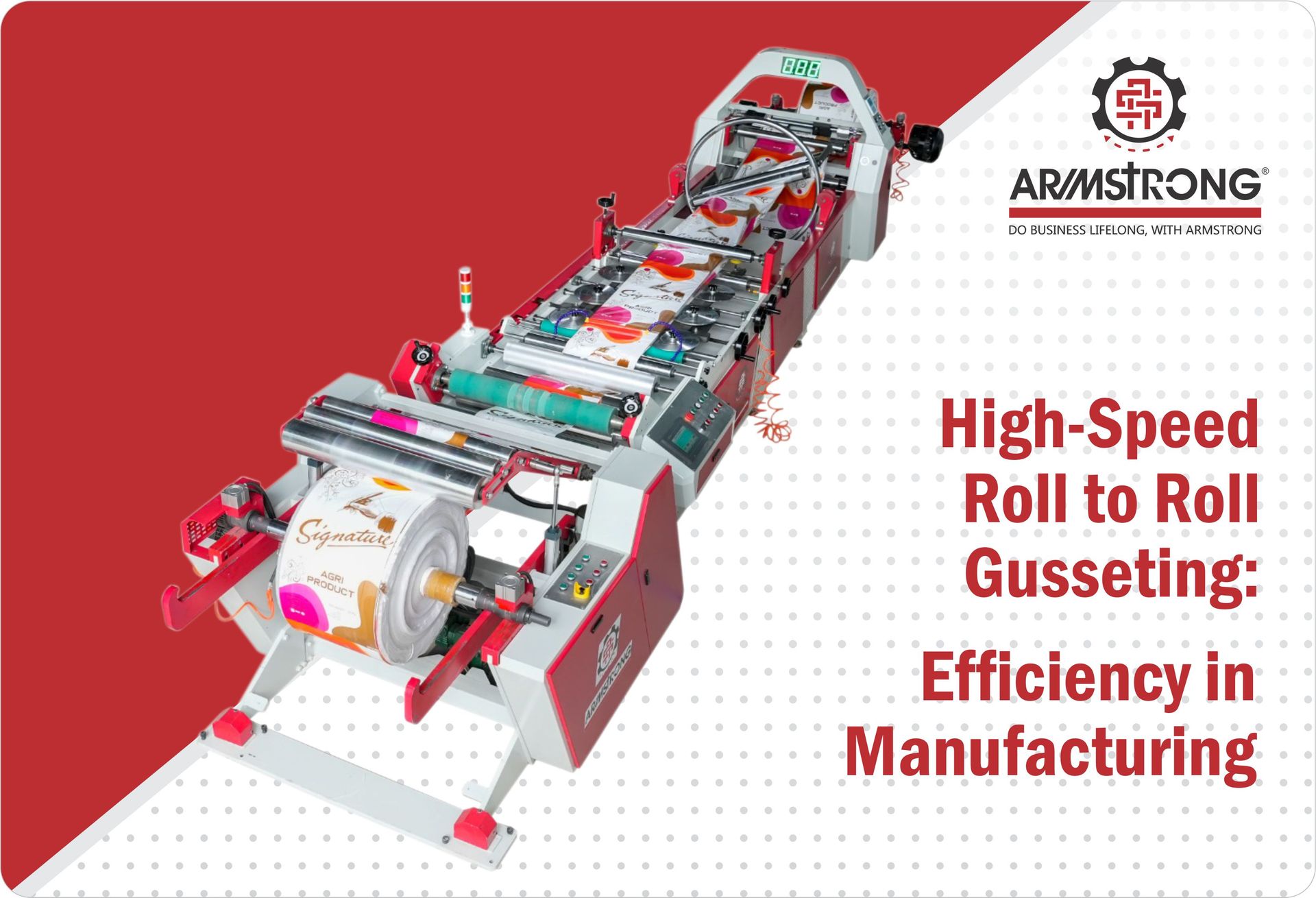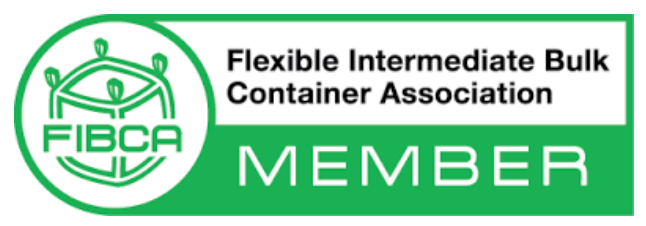Get in touch
555-555-5555
mymail@mailservice.com
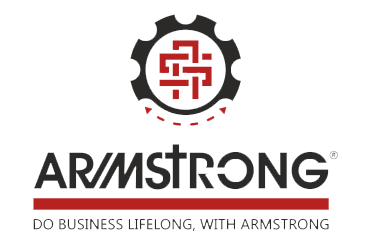
How Liner Testing Machines Ensure Product Safety During Transportation
How Liner Testing Machines Ensure Product Safety During Transportation
In product packaging, it is paramount to ensure that the goods reach their destination safely and in optimal condition. For industries dealing with bulk goods such as agriculture, chemicals, and food, the safety of products during transportation is directly linked to the integrity of the packaging materials used.
One critical element in ensuring this safety is testing the liners used in packaging. Liner testing machines play a vital role in assessing these liners' strength, durability, and performance, ensuring they can withstand transportation and storage rigours.
This blog will explore how liner testing machines ensure product safety during transportation. We will discuss the various types of liners, the testing methods used, and how these machines help avoid costly failures, product contamination, and potential damage to your brand's reputation.
By the end, you will understand why liner testing is a fundamental aspect of quality assurance and how Armstrong can help you ensure the safety of your products.
What Are PE Liners and Why Are They Important?
PE liners (Polyethylene liners) are protective films used in packaging to protect the contents from external factors like moisture, contamination, and physical damage. These liners are typically used in agriculture, food packaging, chemicals, and industrial goods.
In Flexible Intermediate Bulk Containers (FIBCs), large bags are designed to store and transport bulk materials. PE liners are used for various purposes, including:
- General Purpose Film
- Liner Bags
- Construction Films
- Lamination Films
- Tarpaulin Films
- Surface Protection Films
- Shrink Hood Films
- Stretch Hood Films
- Agriculture Greenhouse Films
- Food Packaging (e.g., bags for grains or powder)
These liners are particularly important because they help ensure that the products inside the bags are protected from moisture, contamination, and external elements during their journey across the supply chain.
Whether it's agricultural goods, chemicals, or consumer products, PE liners serve as an essential barrier to ensure the safety and quality of the contents inside.
Why Liner Testing Machines Are Essential for Product Safety
When it comes to ensuring the safety of products during transportation, it's not enough to use any liner. The liner must withstand various pressures and challenges during transportation, handling, and storage.
This is where liner testing machines come into play. These machines simulate the real-world conditions the liners will experience during their lifecycle and measure their performance under these conditions. Liner testing machines are crucial because they:
1.Simulate Real-World Conditions
By mimicking the environmental factors that liners will face during transportation—such as pressure, temperature, and physical stress—these machines provide a realistic picture of how the liners will perform in the field.
2. Test for Critical Properties
Key properties like seam strength, leakage resistance, burst pressure, and pressure withstand capabilities are all tested to ensure the liner's durability and safety.
3. Prevent Product Damage
By identifying weak spots or defects in the liners before they are used in real-world applications, businesses can avoid the costly consequences of liner failure, including product contamination, spoilage, or loss.
4. Ensure Compliance
Liner testing ensures that the packaging materials meet industry regulations and standards, avoiding fines or legal issues that may arise from non-compliance.
How Liner Testing Machines Work
Liner testing machines have several components and features to deliver accurate and detailed testing results. Some key features include:
1.Pressure Transmitter
The pressure transmitter measures the pressure applied to the liner during the testing process, ensuring that the liner can withstand varying levels of force.
2. Flow Meter
The flow meter measures the force exerted on the liner and ensures that the appropriate amount of material flows through it, maintaining its integrity during the test.
3. Pressure Sensors
These sensors monitor the liner's performance under pressure in real-time. By recording data during the test, the machine can determine whether the liner can withstand the forces it may encounter.
4. SCADA Program
The SCADA (Supervisory Control and Data Acquisition) program provides an automated system to manage and monitor the testing process. It allows operators to set parameters, track pressure and time calculations, and generate detailed reports based on the results.
5.Blower and Compressor System
These systems simulate environmental conditions like wind or temperature changes to provide a more accurate test for the liner's ability to withstand varying pressures.
How Can Liner Testing Machines Improve Your Packaging Process?
Are you looking to ensure the safety of your products during transportation? Liner testing machines are the answer.
They give you peace of mind that your packaging materials will perform as expected, ensuring your products remain safe and intact during their journey. By incorporating regular liner testing into your quality control process, you can:
1.Minimize the Risk of Product Loss
Regular testing helps ensure that your liners are durable enough to withstand external factors, preventing product loss due to liner failure.
2. Improve Customer Satisfaction
Safe, intact products are crucial for maintaining customer trust. By ensuring that your liners are reliable, you can avoid complaints or returns due to damaged products.
3. Ensure Compliance with Industry Standards
Many industries have strict regulations regarding packaging. Liner testing ensures that your products comply with these standards, reducing the risk of legal issues.
4. Avoid Costly Failures
Identifying weak points in your liners before they are used for packaging can prevent the financial consequences of a packaging failure.
Conclusion
Liner testing machines are indispensable tools for ensuring the safety and integrity of your products during transportation. Whether you're involved in agriculture, food packaging, chemicals, or industrial goods, having reliable liners is crucial for maintaining product quality and meeting regulatory standards.
At Armstrong, we understand the importance of product safety and packaging integrity. Our advanced liner testing machines have cutting-edge features like pressure transmitters, flow meters, pressure sensors, and SCADA programs to deliver accurate, reliable testing results.
By choosing Armstrong, you can ensure that your packaging materials meet the highest standards of durability and strength, protecting your products throughout their journey.
If you're ready to enhance your packaging quality and protect your products, contact Armstrong today to learn more about our state-of-the-art liner testing solutions.
Let us help you ensure that your packaging meets transportation challenges, keeping your products safe, secure, and intact.
The one and only complete solution providers of high-quality industrial finishing machines and spare parts.
079-27543747 | +91 63587 40011/16
info@armstrongex.com
Address
OFFICE
501, ‘Sarap’, Opposite Navjivan Press
Ahmedabad, GJ - 380014, India
FACTORY
Unit 1
Plot no. A2/502-1,
Opp. Indo-German Tool Room
Phase - 4, GIDC Estate
Vatva, Ahmedabad, Gujarat 382445, India
Unit 2
44+45/A/1, Near. Ambica Bridge, Phase - I, Vatva GIDC, Ahmedabad, Gujarat 382445
